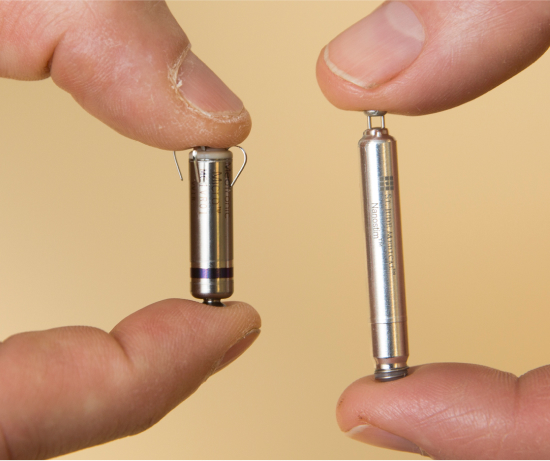Do you know what happens in a lead extraction?
It is a surgery to remove leads or wires from your heart devices. These wires should normally stay put, but sometimes they must be removed for various reasons. The process involves accessing, disconnecting, and freeing these leads safely.
If you have scheduled a pacemaker and defibrillator lead extraction in Chennai, it is vital to know what to expect during the process. Understanding why and when this is needed prepares us for any risks and the care you will need afterwards. Let us prepare you for your heart health journey, ensuring a smooth experience from start to finish.
Key Indications for Lead Extraction Procedures
When might you need a lead extraction? There are several reasons:
- Infection in the device
- Broken leads
- Upgrades needed
- Leads that do not work right or are causing trouble
Knowing these helps us prep for the procedure correctly.
How to Prepare for a Lead Extraction Surgery
Ready for your surgery? Here is what to do:
- Discuss your health and past medical issues.
- Stop some medications, like blood thinners.
- Do not eat before surgery as instructed.
- Get tests done like ECG and echo.
Your medical team will help you get ready for the big day.
Lead Extraction Before, During, and After the Procedure
What goes on in a lead extraction? Let us dive in. At the hospital, you will get an IV line for fluids and meds. Areas like your chest and groin will be shaved and prepped to stay germ-free. Anaesthesia will ensure you remain comfortable and free of pain. A special probe may check your heart as the doctor works. However, you may require an open heart surgery immediately if an unexpected issue occurs during the procedure.
After the surgery, you will be taken to a recovery room, where you will be closely monitored. If your leg was involved in the surgery, you might have to remain still. Pain medications will be provided if needed. It's essential to be aware that you will most likely have to stay overnight in the hospital.
Knowing all this can ease some worry about the procedure.
Understanding Risks and Complications of Lead Extraction
What risks come with lead extraction? It is a complex procedure, so there are some. The heart or blood vessels could get hurt, which is serious. You could also face issues like a lung clot or stroke. Sometimes, the heart valve can leak, or you might have trouble from the anaesthesia. The chance of these happening depends on the leads, your age or health.
It is good to talk with your doctor about these risks. It is not to scare you but to help you make smart choices about your health.
Post Operative Care in Hospital After Lead Extraction
Once the surgery is over, you will be in a recovery area. Nurses will keep an eye on your heart and other signs. If you had work done on your leg, lying flat helps avoid bleeding. Pain can be managed with medications, and you will have checks like chest X-rays to see how everything looks.
Knowing what to expect can make post-surgery smoother.
Guidelines for At Home Recovery and Care Post Extraction
Heading home after lead extraction? Keep these tips in mind:
- Keep the wound area dry for a week.
- Do not lift your arm too high for a month.
- Stay away from heavy lifting and tough workouts at first.
- Go to your check-ups.
- Watch for infection signs and call your doctor if they show up.
Following these steps helps you heal up right.
If you spot redness, swelling, or fever, do not wait. Call your doctor. Staying alert helps you recover well.
Identifying Complications After Lead Extraction
What should you watch for after surgery? Trouble breathing, chest pain, dizziness, or a fever are signs to take seriously. They might point to something like a lung clot or even heart damage.
If it is really bad, like severe chest pain or breathing issues, seek medical help. For less urgent but still worrying signs, like swelling or discharge at the wound, get in touch with your doctor.
Being careful after your procedure is key for your health.
The Importance of Follow-Up and Long-Term Management
After your device is in, checkups are key. You will probably have your first within 4 to 8 weeks. These visits let doctors catch any issues early. They will tell you how to care for the device site and when to call if you have problems.
Understanding your device and sticking to your care plan greatly affect your long-term health.
Steps to Take After Lead Extraction
Your recovery does not end when you leave the hospital. The steps you take next are crucial. Stay in touch with your cardiac electrophysiologist in Chennai. If you have questions or need advice, talk to your medical team. Let’s go the extra mile to keep your heart healthy.

